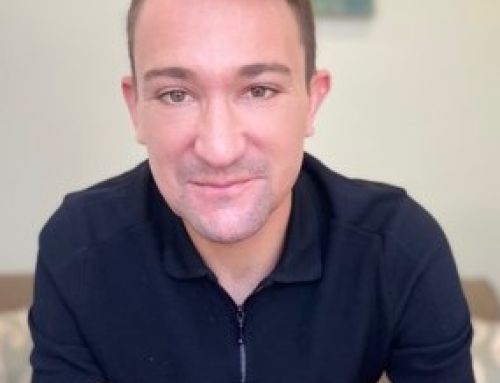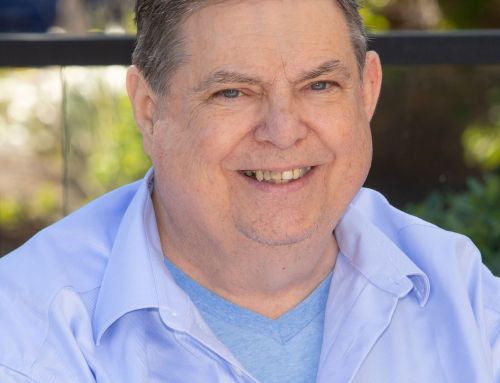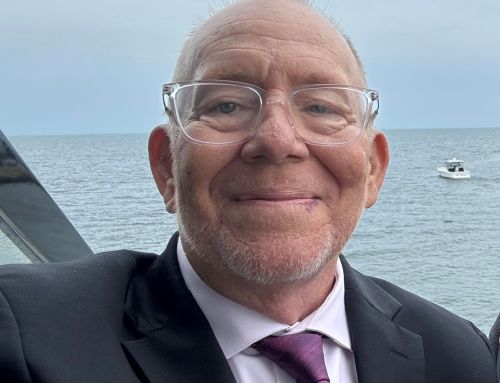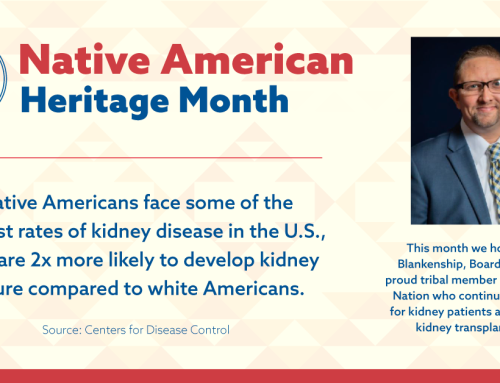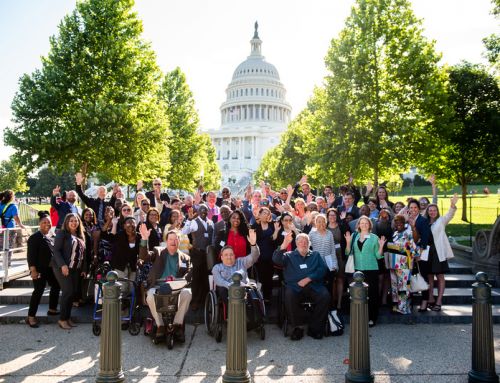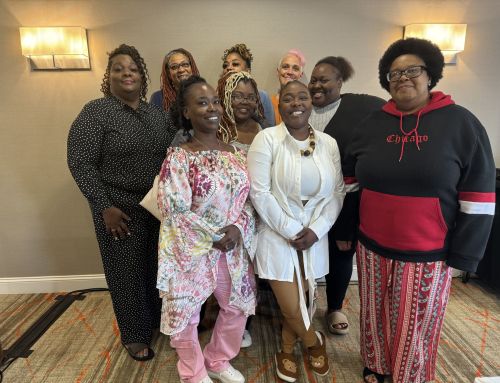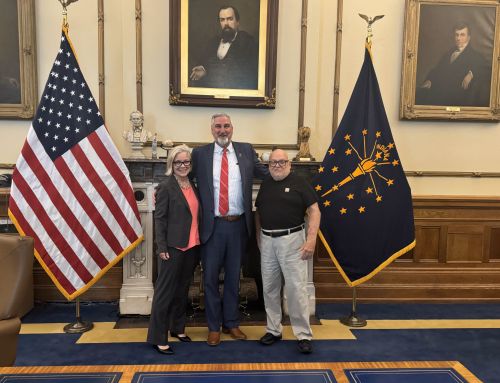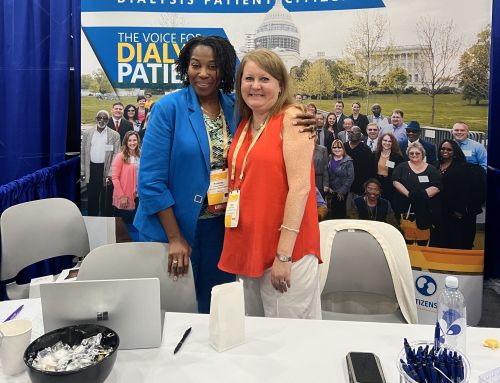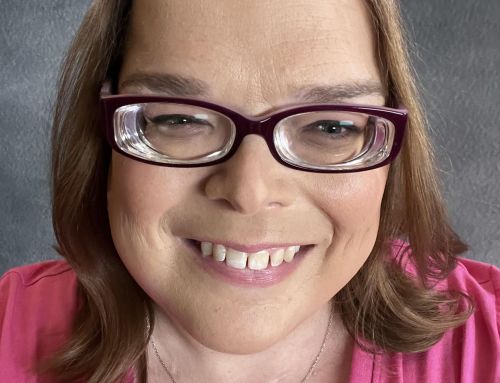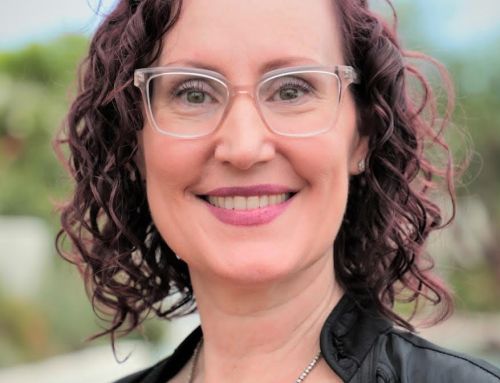Earlier this spring, the U.S. Senate Finance Committee invited stakeholders to submit ideas to improve care for Medicare beneficiaries with chronic diseases. DPC submitted its comments on June 22 with a focus on how end-stage renal disease (ESRD) patients could benefit from increased care coordination among providers.
The Senate Finance Committee oversees the Medicare program and both the current Chairman Orrin Hatch (R-UT) and top Democrat Ron Wyden (D-OR) have prioritized improving patient outcomes while lowering costs. They appointed a bipartisan task force to move forward with the best ideas for achieving these goals.
DPC’s comments stressed that a main barrier to care coordination for the ESRD population is the fragmented and inflexible nature of Fee-for-Service Medicare. DPC pointed out that three main avenues are available for improving care for chronically ill patients:
- The Medicare Advantage Program. Congress should repeal the ban on ESRD patients enrolling in private Medicare plans. These plans often assign a case manager to assist the most seriously ill patients.
- Accountable Care Organizations. Accountable Care Organizations (ACOs) are a groups of providers that band together to keep their patients healthy in exchange for keeping some of the money they save Medicare. The ESRD Seamless Care Organization is a type of ACO specific to dialysis patients. Congress should monitor this program to ensure it is attracting broad participation from providers and patients.
- Care Coordination Fees. Medicare is now paying some physicians additional care coordination fees to serve as their patients’ 24/7 “medical home.” However, the fees have not been sufficient to attract interest from nephrologists. DPC suggested that the Task Force consider permitting additional entities to undertake chronic care management services. For example, a dialysis organization already treating an ESRD patient may be well-positioned to provide additional chronic care management services to the patient, at a lower cost than a physician practice would require.


